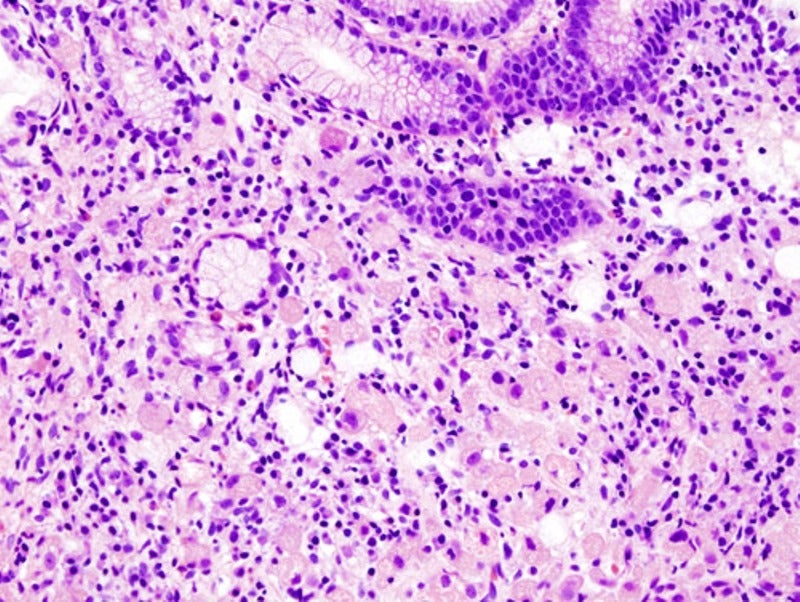
ASLAN Pharmaceuticals has reported negative results from a Phase II trial comparing varlitinib plus mFOLFOX6 to placebo plus mFOLFOX6first in HER1/HER2 co-expressing advanced or metastatic gastric cancer patients.
Results showed that varlitinib failed to meet the trial’s primary objective of significant reductions in tumour size after 12 weeks of treatment.

Discover B2B Marketing That Performs
Combine business intelligence and editorial excellence to reach engaged professionals across 36 leading media platforms.
ASLAN Pharmaceuticals chief operating officer Dr Mark McHale said: “First-line gastric cancer is a very challenging indication to treat and the majority of patients present with advanced disease at initial diagnosis.
“To date, no targeted therapies have been approved to treat gastric cancer with low HER-family expression.
“Whilst we are disappointed by the study findings, we are encouraged by the positive safety data and remain confident that varlitinib’s potent pan-HER inhibition has the potential to yield benefits in biliary tract cancer where HER family expression is known to be high.”
ASLAN studied varlitinib as a first-line therapy in gastric cancer as part of the global placebo-controlled, double-blind trial.

US Tariffs are shifting - will you react or anticipate?
Don’t let policy changes catch you off guard. Stay proactive with real-time data and expert analysis.
By GlobalDataAn independent central review of the trial found that patients who received varlitinib plus mFOLFOX6 achieved average tumour shrinkage of 22% after 12 weeks, against 12.5% in patients treated with mFOLFOX6 alone.
This difference in the rate of tumour shrinkage did not reach statistical significance.
ASLAN has so far analysed 17 progression-free survival (PFS) events and found an improvement in PFS among the patients treated with varlitinib.
The trial also reported balanced overall patient characteristics between its two treatment arms.
It was also found that the proportion of patients with the best performance status as assessed by Eastern Cooperative Oncology Group (ECOG) was higher in the control arm than those observed in the varlitinib arm.
The combination of varlitinib and mFOLFOX6 was reported to be well-tolerated with 73.1% of patients treated with varlitinib experiencing a grade III or higher adverse event compared to 88.5% of patients who received mFOLFOX6 alone.





